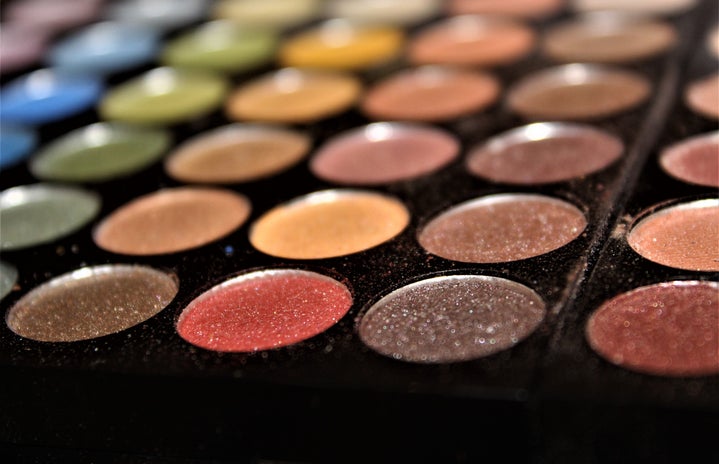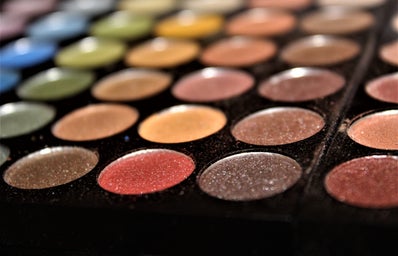Dearly beloved, I have gathered you here today to address an issue that still plagues the beauty industry in 2018: colorism.
Though I am a fair-skinned woman of color, I have seen too many women be discriminated against for too long due to the color of their complexion. I will be addressing the issue, serving you facts on minority purchasing power and praising brands who value women of color in the best way I know how: through GIFs.
Let’s begin. Historically, beauty companies started to gain popularity by marketing products as a solution to insecure women who wanted to boost their social statuses. Brands use advertisements to showcase their newest product and promise that using it will give the wearer an enviable glow and a priceless dose of confidence. This tactic is similar today.
However, the industry has not adjusted to the majority of its customers: minorities. An issue that is still relevant as of today is the lack of dark to deep-dark shades that high-end makeup brands cater to.
Here’s the thing:
Some makeup brands use women of color (WOC) to tokenize their advertisements by making it seem like their products cater to a diverse range of skin tones when they actually don’t. The most recent example of a brand that just launched a new line of foundations and neglected darker shades is Tarte Cosmetics. The brand marketed their new foundation line in a photo that featured a few bottles of shades that are deceptively diverse. However, when photos containing the lineup of swatches were released, there were only three dark shades out of the entire 15-shade collection.
Not only are makeup brands failing their customers by excluding the deepest WOC from their shade ranges, but also by excluding these shades, they are creating social and financial biases against darker complexions. Some high-end brands defend their decision to exclude deeper shades because they think there “isn’t a market” in deeper-complexion items. Here’s what I have to say to that.
According to Women’s Wear Daily, “African-American women spend $7.5 billion annually on beauty products, but shell out 80 percent more money on cosmetics and twice as much on skin care products than the general market.”
Exactly.
This statistic is also eerily similar to the purchasing frequency of other deeper-skinned minority women, such as Hispanics.
According to Beauty Store Business, “Hispanic consumers spent $27.7 billion on beauty products in 2014, according to Liz Sanderson, vice president of strategy and insights for Univision Communications, which specializes in the Hispanic market. Sanderson adds that a 34-percent growth in this spend is expected over the next five years, versus 17 percent for non-Hispanics.”
High-end cosmetic lines such as Fenty Beauty, NARS, Beauty Bakerie, Lancôme, MAC and even Kylie Cosmetics already knew that and are here to show the beauty industry that representation of deeper-complexion shades matters.
If you’re a girl who’s having a hard time saving money and finding their shade, brands like Wet N’ Wild, Maybelline, Black Opal, Iman and Black Radiance are cost-effective and inclusive.
With female-empowering movements such as #TimesUp and #MeToo, now is just as good of a time as any other to support the women around you. An easy way to support women of deeper complexions who are omitted by certain makeup lines is to purchase more makeup from inclusive brands.
Slay on, queens!


